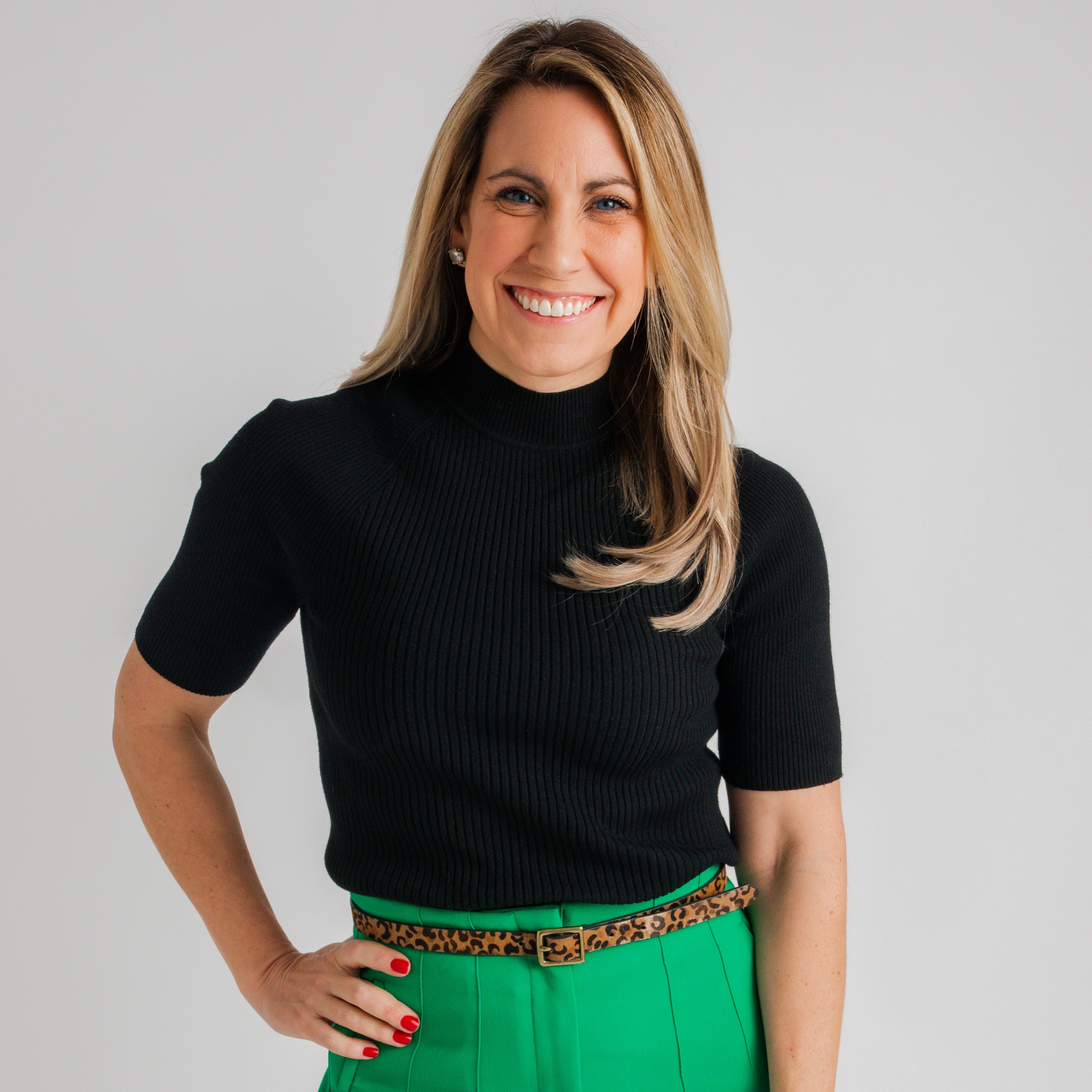Trend Watch: Three DEI Trends We’ll See More of in 2023

Shannon Hernandez
For the past few years diversity, equity, and inclusion (DEI) has been a hot topic and it continues to be one garnering the attention of every level of your organization. The urgency has never been greater, the workforce of the future is more diverse than ever;
- for the first time in history, there are five generations in the workforce (Traditionalists, Baby Boomers, Generation X, Millennials, and Generation Z).
- work from home and hybrid work models mean companies are hiring from all over the world.
Gone by the wayside are the performative efforts, in 2023, it’s all about meaningful DEI efforts.
1. Value placed on vulnerability.
While many organizations see mental health as a strictly HR initiative, it’s important to note the role that psychological safety plays in your DEI efforts.
Supporting the mental health of your diverse talent is more than putting a mental health program or policies in place. It’s placing more value on demonstrating humility and vulnerability and the simple things like how supervisors, managers, and coworkers talk, behave, and empathize with each other matter as well.
2. DEI as a strategic priority.
Like any other organizational change effort – if every level of the organization isn’t walking the talk – it’s not going to succeed.
According to CultureAmp, While 63% of companies reported hosting events and DEI-related discussions, only 50% of surveyed companies reported having a DEI mission statement – a crucial part of creating the organizational alignment necessary to create change – and only 49% have a strategic diversity plan in place.
Skilled employees have many choices, and employee turnover is one (very expensive) cost of failing to prioritizing this work at the highest levels.
3. Calling out unconscious (implicit) bias.
Unconscious bias refers to the tendencies to process information and make decisions based on unconscious or inherent biases and prejudices toward an individual or group, and it impacts not just the relationships we have with coworkers, but it also informs how we make decisions in the workplace.
To build a truly inclusive workforce with people from different backgrounds and experiences, organizations must ensure that these biases are checked and minimized consistently.
Sources: CultureAmp, Harvard Business Review

